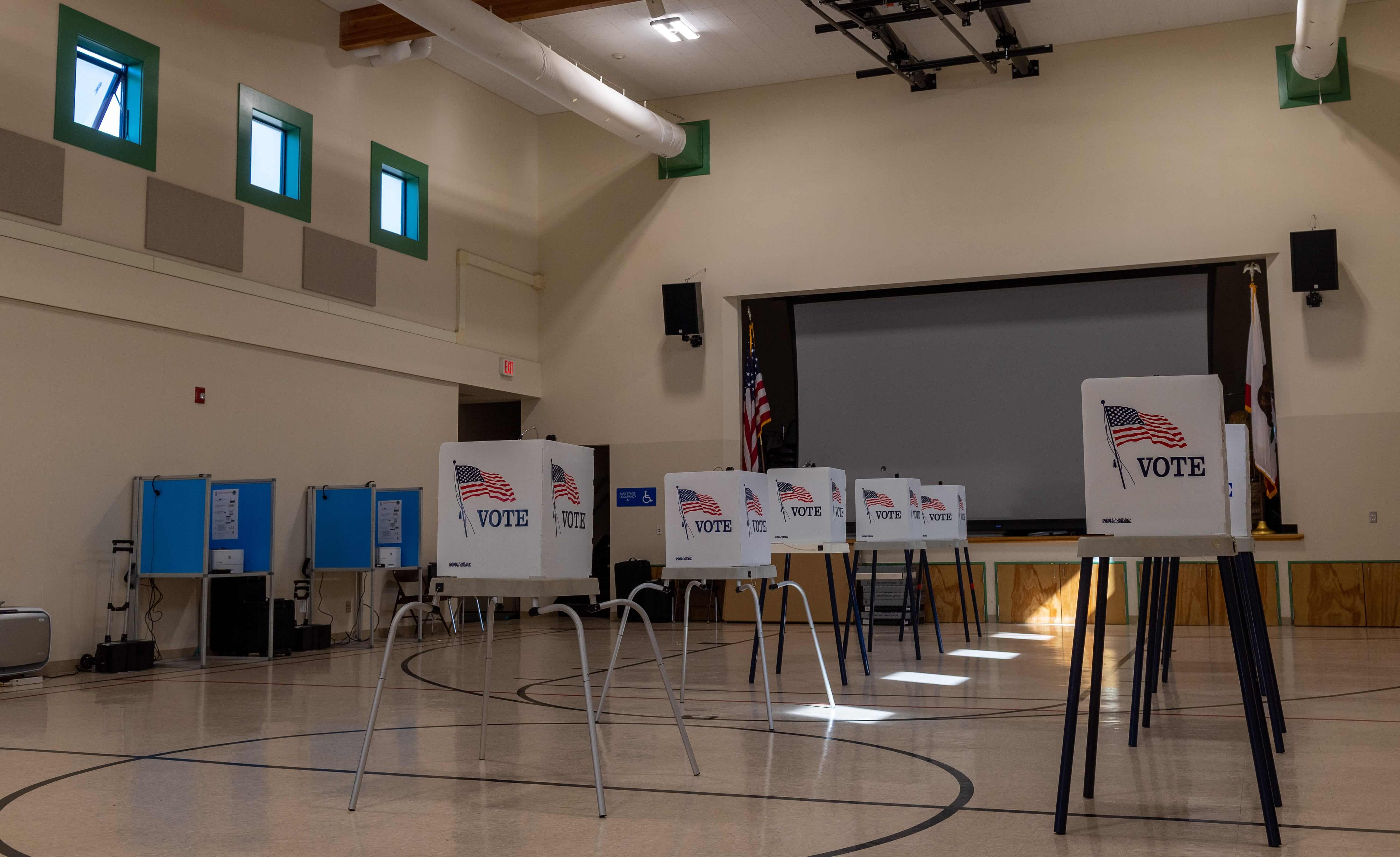The U.S. Supreme Court’s unexpected 2017 decision to consider New Jersey’s challenge to the federal sports betting ban was the catalyst for what has become a legal sportsbook market that accepts more than $150 billion in wagers annually.
Since the May 14, 2018 ruling that opened each jurisdiction’s right to legalize sports betting within its borders, there have been even more surprising developments in many of the 39 states that have legalized sportsbooks.
Here are the five most shocking developments in the nearly seven years since the court’s decision:
5. Connecticut Compromise
Connecticut, home to two of the nation’s most prominent tribal casinos, appeared that its digital gaming future would remain in a holding pattern. After two gubernatorial administrations - and years of negotiations – Connecticut instead crafted a sweeping gaming expansion and compromise few states have been able to replicate.
The tribes agreed with the state lottery and Connecticut’s largest indoor sports venue to legalize online and retail sports betting. The state also became one of seven states to allow real-money online casino gaming.
The Mohegan Sun and Foxwoods casinos opened in-person sportsbooks followed by mobile books and iCasinos in partnership with FanDuel and DraftKings. The lottery partnered with BetRivers and later Fanatics to offer mobile sports betting in Connecticut. Hartford’s XL Center opened an in-person sportsbook.
This represented one of the nation’s most comprehensive compromises between different gaming stakeholders since the federal sports betting ban was repealed. While most other legal sports betting states have incorporated multiple gaming entities, few have worked out such an expansive agreement.
4. Cuomo’s New York sportsbook plan
New York Gov. Andrew Cuomo sparked some of the state’s biggest gaming expansions by pushing legislation that opened brick-and-mortar casinos upstate and opened the door for three destination casino resorts around New York City. He also forced through a New York sports betting structure unlike any other state.
Cuomo dismissed the more competitive, low-tax structure pushed by lawmakers in his party to champion a government-run setup that included the nation’s highest sports betting tax rate. The method ultimately allowed nine books in the state but it still kept out several major books including bet365 that has been interested in a sportsbook license in the nation’s fourth-most populated state.
Though this method was not cheered on by the sportsbook, Cuomo, who resigned his position months after the enacting legislation passed, created what is far and away the highest-grossing sports betting tax state. Roughly one-third of all sports betting tax dollars generated since May 2018 have come from New York.
3. California flops
By the time California voters finished submitting ballots ahead of the 2022 election, it was clear a mobile sports betting constitutional amendment would not pass. The strength of the opposition was still stunning.

Voters overwhelmingly rejected the measure that would have allowed FanDuel, DraftKings, and other major commercial mobile operators in the state. This came despite more than $100 million backing the amendment, one of the most expensive ballot measure campaigns in U.S. history.
California’s gaming tribes spent tens of millions of their own opposing the measure, successfully framing it as a way for out-of-state sportsbooks to take money from Californians. The tribes’ competing ballot measure that would have permitted in-person sportsbooks at Native American casinos also was defeated, but tribal officials said it was worth the sacrifice to keep out the commercial online sportsbooks.
Many of these sportsbooks have since apologized for the campaign and are looking to work with the tribes on a new compromise of a California sports betting framework. California, the world’s fourth-largest economy, is still a major target for sportsbook operators, but there is no timeline for a deal that commercial operators now acknowledge must be on the tribes’ terms.
2. Missouri, Colorado ballot measures narrowly pass
A few thousand votes, or less than 0.01% of ballots counted, were the difference between legal sportsbooks in two states.
Missouri and Colorado approved their respective sports betting ballot measures by what was practically the narrowest of margins. A slight change in voter preferences could mean two of the nation's most populated states with some of its most prominent sports teams would be without legal betting options.
Colorado’s 2019 sports betting support was hurt by an unusual requirement that phrased the measure as a tax increase, confusing voters even though the tax only applied to the sportsbooks. Five years later the majority of Missouri counties rejected sports betting on their state’s ballot measure, but lopsided support in the Kansas City metro was just enough to let the referendum pass statewide.
Bettors in these two states approved legal betting options, but it led to a multi-day delay as every vote had to be tallied to make sure the “yes” vote prevailed.
1. Michigan pulls the rug on iGaming, sports betting
Michigan is one of the seven states with legal mobile sportsbooks and iCasinos. But it was delayed by years after a stunning veto by a governor during his last few hours in office.
After lengthy negotiations, Michigan lawmakers agreed to legalize real money online gaming and sportsbooks in 2018. The deal was led by Republicans with the understanding GOP Gov. Rick Snyder would sign the bill into law.
Instead, as one of his last official acts, Snyder vetoed the bill in part over fears the new gaming options would take away revenues from the state lottery. What seemed like a sure bet to conclude 2018 forced lawmakers to start over in 2019.
Now working with Democratic Gov. Gretchen Whitmer, Republicans reintroduced a bipartisan bill that ultimately earned the governor’s signature. Michigan sports betting remains one of the highest-grossing online gaming markets in the country, but it didn’t come without a delay that stunned even those who had worked on the bill.




















